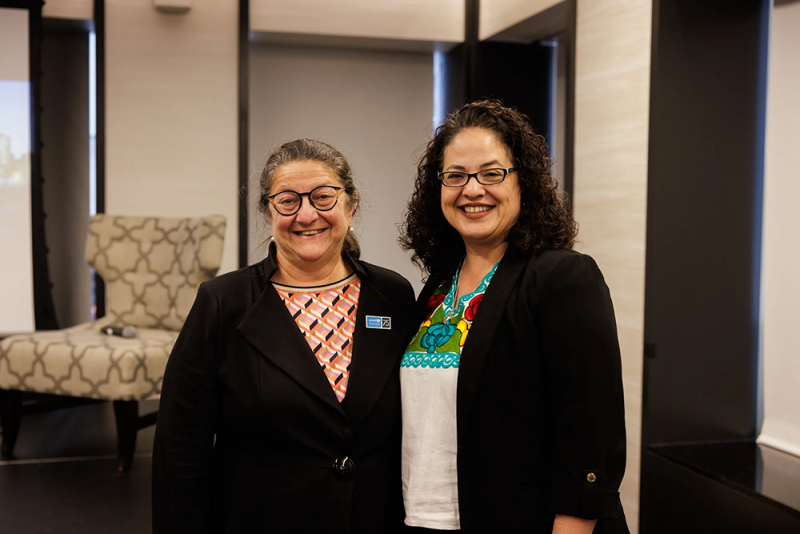

Today, at the annual Friends of the United Nations (UN) Non-Communicable Disease (NCD) Task Force event held during the 79th UN General Assembly in New York, Eli Lilly and Company Foundation (Lilly Foundation) committed USD 4 million to U.S Fund for UNICEF (UNICEF USA) through UNICEF USA efforts related to supporting the Health4Life Fund (H4LF).
Lilly Foundation is a separate tax-exempt, private foundation established in 1968 and supported by donations from Eli Lilly and Company (Lilly), which support philanthropic programs across health, equity, and education, and extends Lilly’s reach and impact in a charitable manner.
H4LF aims to galvanize domestic health financing and scale up country-led action on the prevention and control of NCDs in resource limited setting in LMICs. It pools resources for multisectoral action on these key areas of health and development that have been neglected over many years and continue to remain poorly resourced.
H4LF is now preparing its second call for proposals to governments across low- and middle-income countries on health system strengthening and integration of NCD services in resource limited settings. This comes at an opportune moment ahead of the 4th High-level Meeting of the UN General Assembly on the prevention and control of NCDs in 2025; where a political declaration will be deliberated with new, ambitious, and achievable goals heading into 2030 and through to 2050.
“This Lilly Foundation grant to the U.S. Fund for UNICEF builds on our support of organizations that address inequities in social determinants of health”, said Cynthia Cardona, President of the Eli Lilly and Company Foundation. “Multisectoral actions allow stakeholders around the world to contribute to improving access to care for everyone who needs it. We are proud to support the U.S. Fund for UNICEF in this innovative initiative tackling non-communicable diseases in resources-limited communities in low-and middle-income countries”.
NCDs impact people and communities in every corner of the world and have lasting impacts on a country’s economic and social development. NCDs kill 41 million people annually, nearly three-quarters of all deaths globally. Each year, 17 million people die from a NCD before age 70 with 86% of these premature deaths occurring in low- and middle-income countries. Around the world, more than one million children a year die from treatable NCDs. Addressing the burden of NCDs is critical for achieving Sustainable Development Goal (SDG) 3 – ensuring healthy lives and well-being at all ages.
“Children and young people should be at the heart of the global NCDs agenda. UNICEF is committed to continue its work with governments, the private sector and young leaders to raise awareness on NCDs, advocate for prevention early in life, and strengthen primary health care to identify and manage severe childhood-onset NCDs including sickle cell disease, Type 1 Diabetes, and childhood heart diseases.” Helga Fogstad, Director of Health and Co-Chair of Health4Life Fund H4LF Steering Committee
H4LF catalyzes a country-led, multisectoral approach that unites government entities, UN agencies and civil society in a joint, locally owned approach to addressing key NCD challenges. Sustainable financing is a key enabler to change the global health landscape and the H4LF advocates to governments on the importance of elevating support for NCDs as a priority within national budgets while also including a strategic focus on health systems strengthening more broadly.
For more information on the Lilly Foundation contribution and support of UNICEF USA, please visit this web page.
For further information or to explore H4LF partnership opportunities, contact: Linda Merieau (merieaul@who.int)
Originally published on uniatf.who.int